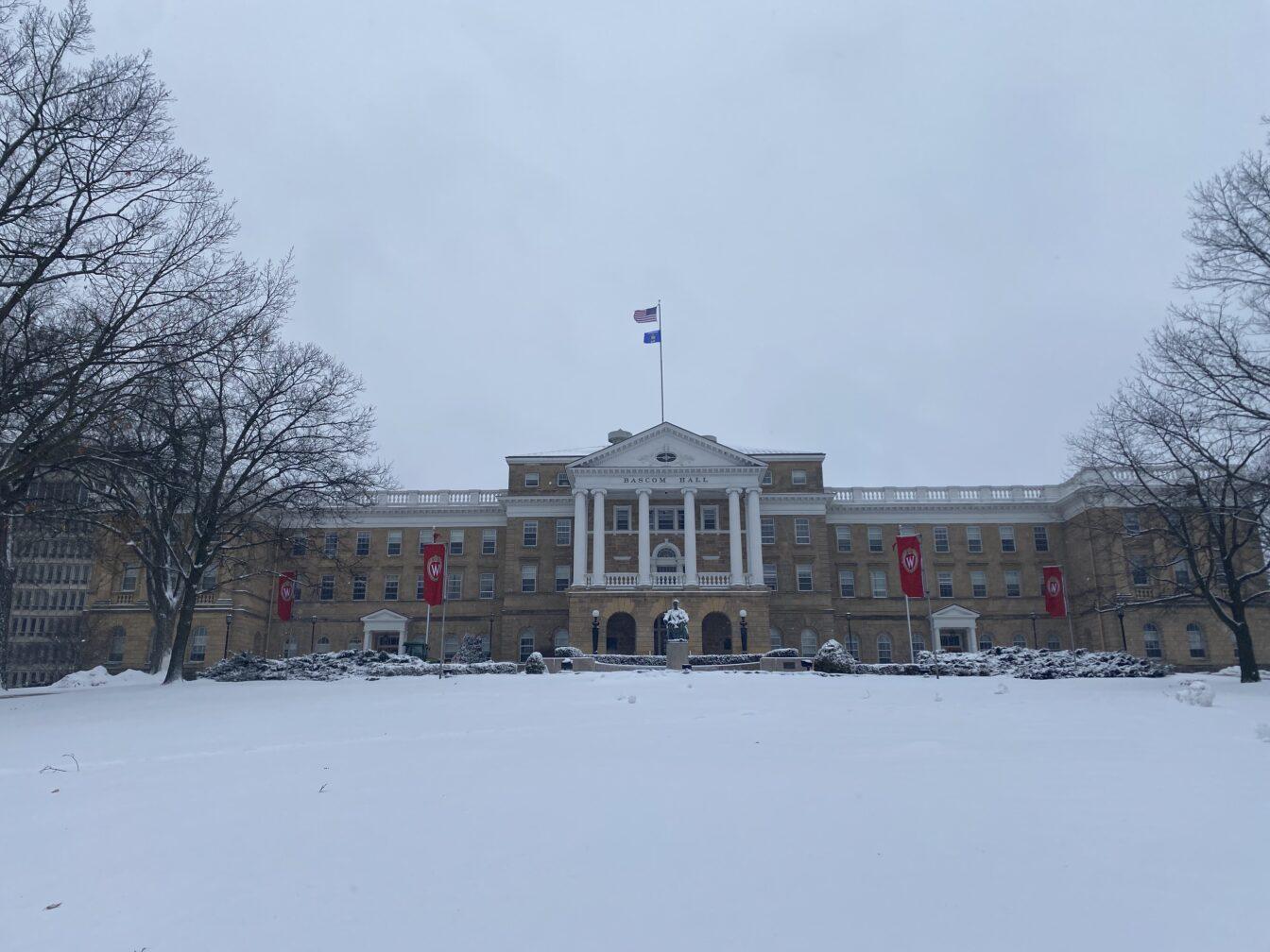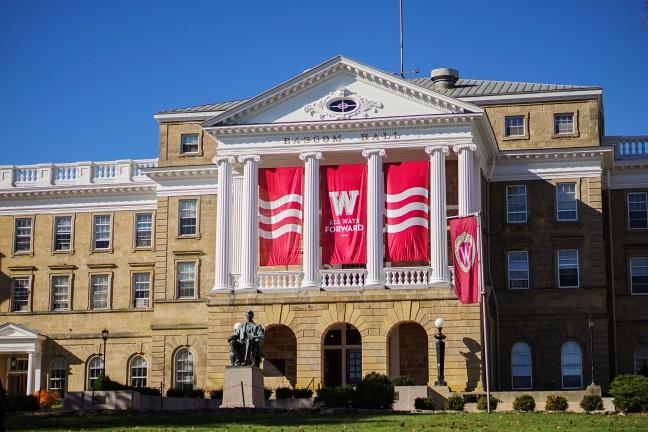Funny thing about Lady Justice: despite her lack of vision, she still takes care of her appearance. Justice may be blind, but she ain’t ugly. Unfortunately, the last few Wisconsin Supreme Court elections have been. In 2008, mudslinging took center stage when Michael Gableman, a Burnett County circuit judge, unseated Judge Louis Butler with a campaign that attempted to paint Mr. Butler as soft on crime, and therefore a friend of criminals. The ads were not only low-brow, they were everywhere, thanks in large part to the outside funding Mr. Gableman was able to generate for the race.
Thankfully, those days are now in jeopardy. Last Thursday, the state Legislature passed a bill that would support publicly funded Supreme Court elections, in an effort to move the attention away from big-money attack ads and back toward the actual merits of candidates. While candidates won’t be forced to take the public money, there will be great incentive, both financially and image-wise, for a candidate to do so. Once a candidate proves he has supporters — by raising between $5,000 and $15,000 in small donations — the state will kick in $100,000 for the primary and $300,000 for the general election. Even more, if a candidate’s opponent refuses the public option, those numbers jump to $300,000 and $900,000, respectively.
Needless to say, it’s a good chunk of money. But this is an issue that goes beyond where your taxpayer dollars funnel; it is about the integrity and the effectiveness of our judicial system. We’re willing to concede that the idea of cordial legislative and gubernatorial elections is far-fetched, but judicial elections are a little different.
These people aren’t smooth, easy speaking politicians, they’re judges. They wear robes to work. Judges are old, white men who read too much; legislators are old, white men who don’t read anything. By making fundraising a central component to keeping a job, the system was placing an unfair premium on the sale instead of the product.
However, the state can still go further. Giving candidates the option of taxpayer money is nice, but it doesn’t stop the high-finance candidate from spending like a cornerback at Cruisin’ Chubby’s. Math may not be our strong suit, but $900,000 can’t begin to compete with the multimillions candidates and outside interest groups spent in the two prior Supreme Court elections. If the state is serious about creating an equal playing field, it needs to strongly consider mandatory public funding, if not abandoning the idea of judicial elections altogether.
For now, the objection to judicial politicking has been sustained. And, as any good toothpaste commercial will tell you, six of seven Wisconsin Supreme Court justices agree with the idea. The lone outsider: Michael Gableman. But at least he’s tough on crime.












